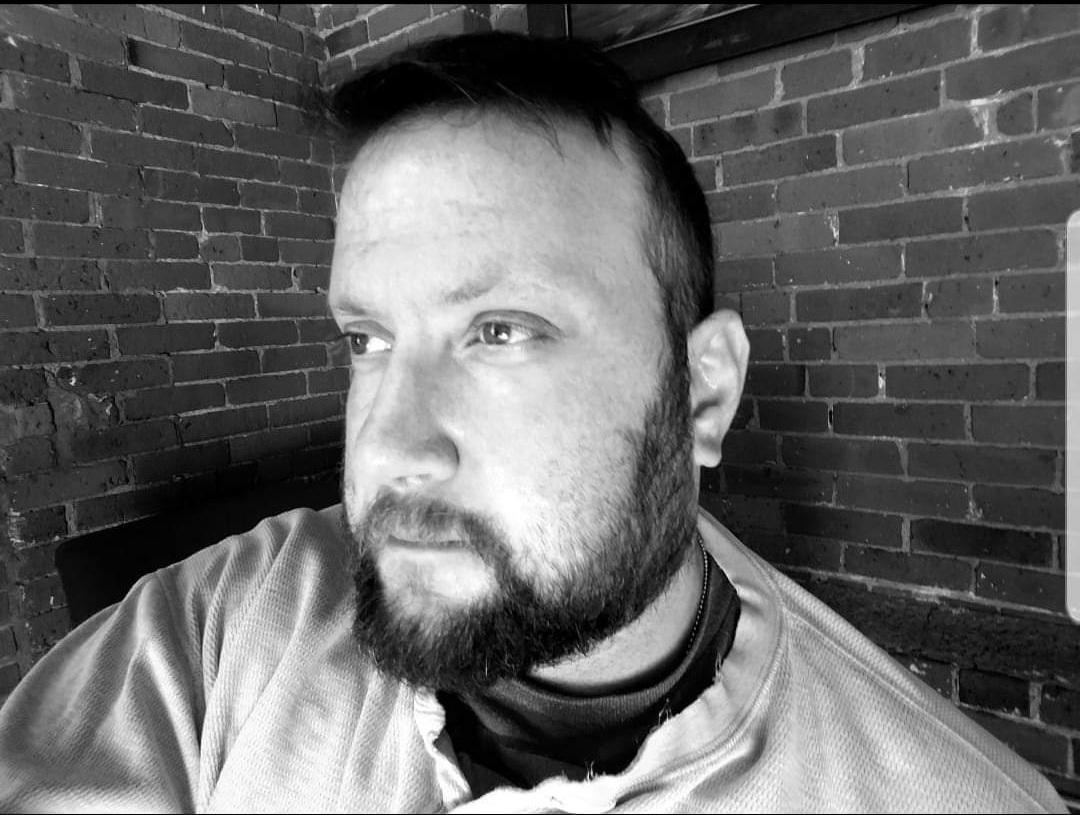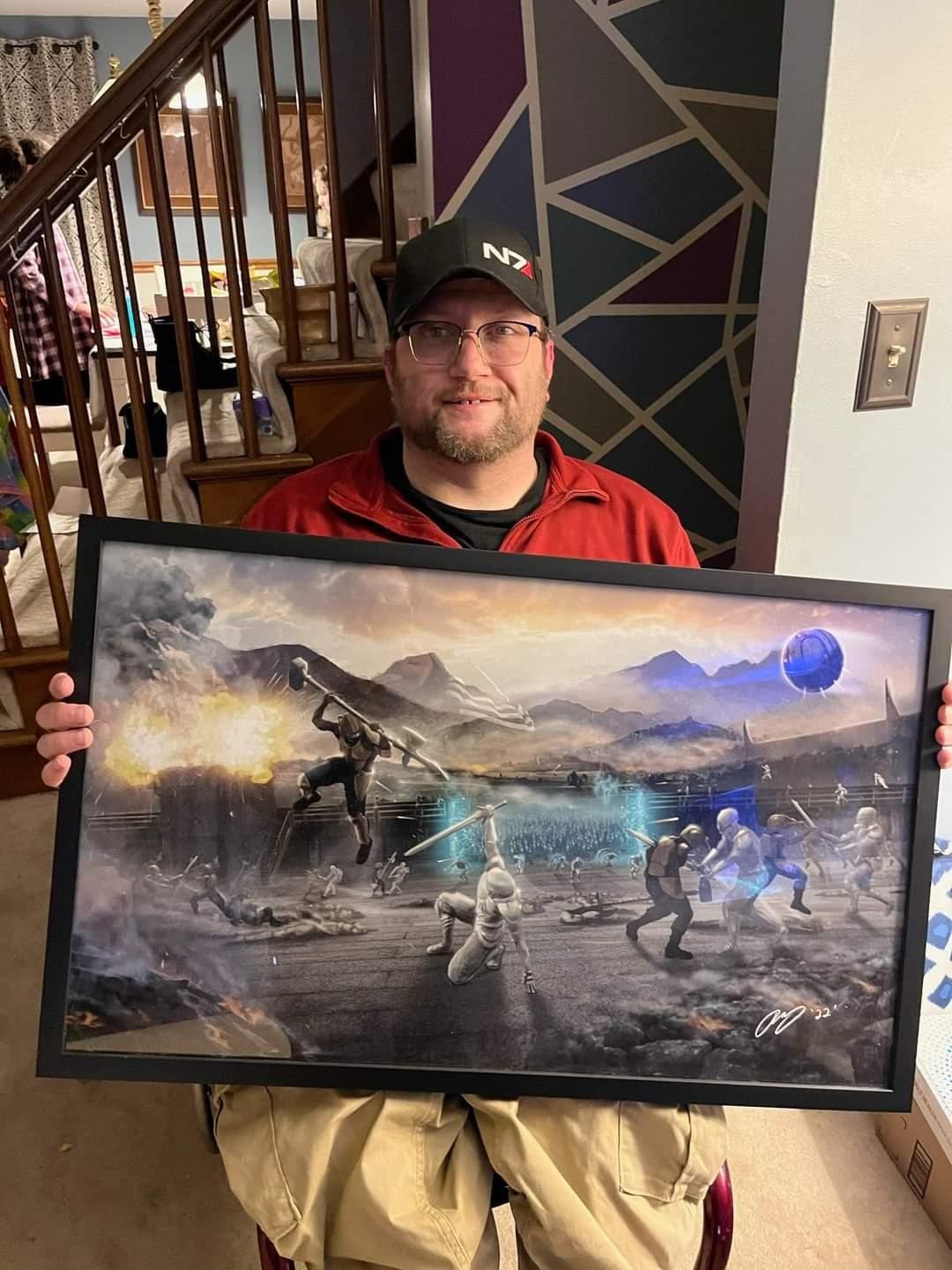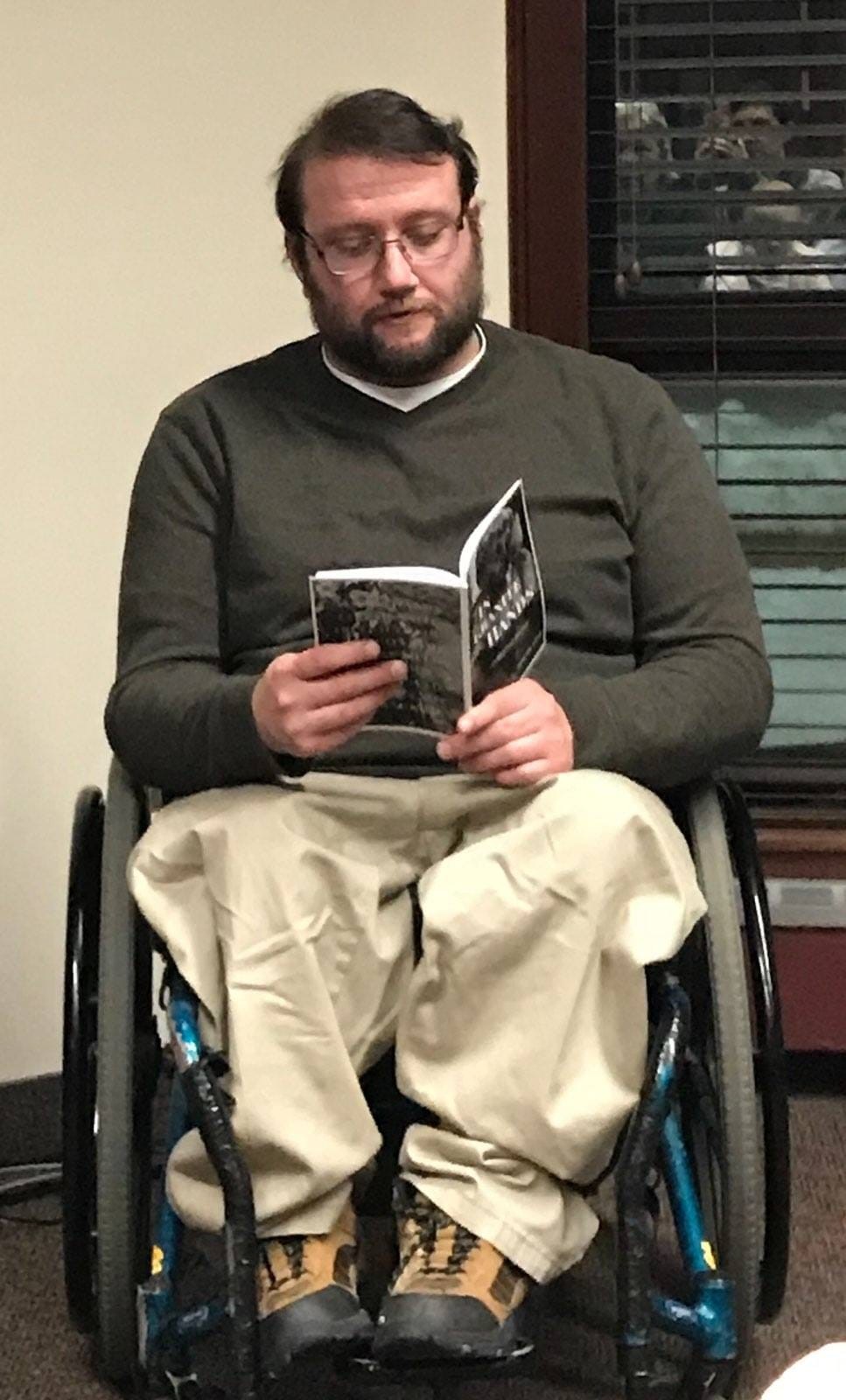We were lucky to catch up with Jim Plath recently and have shared our conversation below.
Jim, appreciate you joining us today. Learning the craft is often a unique journey from every creative – we’d love to hear about your journey and if knowing what you know now, you would have done anything differently to speed up the learning process.
I’ve always loved storytelling, and so in one form or another, I’ve always done it. When I was a teenager, I wrote a novel. In my mid-twenties I wrote another. I also worked on short stories and poems, and the effort I put into these things might have impressed some people, but the finished products would not. Because I also read a lot, I was able to see that for myself, and to be honest about it. I could compare my work to those of authors I admired and see that there was a difference, but I needed help to know exactly where it was. Not every young writer needs that sort of thing; a classroom, or a formal setting. I did, so I earned my degree in creative writing from the University of Nebraska at Omaha.
In college, I learned what made stories work; how to ground readers in a setting, what drew them to a character, and what made them care about what happened on the page. Some of it came naturally. In those cases, it was more about discovering language that helped me identify and articulate what I knew intuitively, Maybe the most important skill I developed there, however, was how to take criticism. In college, I took notes from professors who were diplomatic and experienced. In some cases, I took feedback from fellow students who may have been neither. In the end, I got the answers I needed in order to improve my work, but I learned more than that. I finished college with an understanding of what to do with criticism; how to identify helpful from unhelpful feedback. I’ve found it’s a skill that transcends disciplines.


Jim, before we move on to more of these sorts of questions, can you take some time to bring our readers up to speed on you and what you do?
I’m an author. My first novel, THE DESCRIERS, released in September of 2023, and is available on Amazon. It’s a contemporary fantasy that explores a centuries-spanning struggle between powerful beings living among us. The story depicts a conflict over their roles in the lives of everyday people, balancing morality against duty.

Is there something you think non-creatives will struggle to understand about your journey as a creative? Maybe you can provide some insight – you never know who might benefit from the enlightenment.
A lot of people have great, creative ideas for a story. Where they usually go wrong in trying to breathe life into those ideas is in focusing too much on plot. Maybe they’ll write a rough draft of something and work on it for a while. Maybe they’ll hear about a book, movie, or TV show that shares some of their plot points, and they’ll become discouraged. Remember that stories are not about plot. Stories are about people. Plot is important, yes. It’s the mechanism that drives the narrative, but at the center of that narrative is always a person or people.
Stories can have nearly identical plots, and many do. What separates them, what redeems them, and what makes them both still worth reading or experiencing, are the people involved. This is why we can have two memoirs written by two different people who experienced the same thing. No lived experience, fictional or nonfictional, can replace another. So, let yourself start with a character, not a plot. Before anyone will care about what happens in your story, they have to be able to care about who it’s happening to.

For you, what’s the most rewarding aspect of being a creative?
Having an opportunity to give people something that might stick with them for a time, something that might matter. I’ve been lucky to encounter so many stories, songs, movies, all kinds of media that gave me some measure of joy, or inspiration. Not everyone will love my work, and that’s so important to keep in mind as a creative person. If there’s nothing about my work that someone can hate, then there’s nothing about it someone can love, but it doesn’t have to be that extreme. If I could ever find out that someone recalled a line from one of my stories that gave them a chuckle during a bad day, or a quip they used to win an argument, I’ll get to feel like I paid forward on some of what’s benefited me.

Contact Info:
- Instagram: @JimPlath
- Linkedin: Jim Plath
- Other: linktr.ee/jimplath


